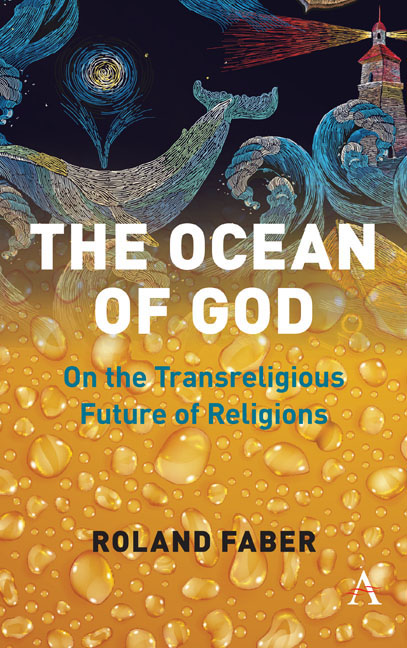Book contents
- Frontmatter
- Dedication
- Contents
- Introduction
- Part I Paradigms of Unity and Plurality
- Chapter One Unity or Plurality of Religions?
- Chapter Two The Healing and Poisonous Fruits of the Unity of Religions
- Chapter Three The Synthesis and Aporia of Religious Pluralism
- Chapter Four The Promise of Mysticism
- Chapter Five Polyphilic Pluralism
- Part II Negotiations of Multiplicity
- Part III Transreligious Horizons
- Glossary
- References
- Index
Chapter Three - The Synthesis and Aporia of Religious Pluralism
from Part I - Paradigms of Unity and Plurality
Published online by Cambridge University Press: 09 July 2019
- Frontmatter
- Dedication
- Contents
- Introduction
- Part I Paradigms of Unity and Plurality
- Chapter One Unity or Plurality of Religions?
- Chapter Two The Healing and Poisonous Fruits of the Unity of Religions
- Chapter Three The Synthesis and Aporia of Religious Pluralism
- Chapter Four The Promise of Mysticism
- Chapter Five Polyphilic Pluralism
- Part II Negotiations of Multiplicity
- Part III Transreligious Horizons
- Glossary
- References
- Index
Summary
Gather all people beneath the shadow of Thy bounty and cause them to unite in harmony, so that they may become as the rays of one sun, as the waves of one ocean, and as the fruit of one tree. May they drink from the same fountain.
— ‘Abdu'l-BaháThe contemporary endeavor to address the questions, dilemmas and conundrums of unity and diversity of religions is called religious pluralism. The primordial fact to be reckoned with here is, of course, that there is a plurality of religions. The question is: should this diversity be considered a norm, too? Religious pluralism answers with a resounding, but qualified, yes! As it is precisely the function of a normative pluralism to mitigate violence prepared and instigated by the inevitable differences between religions, religious pluralism's mission contains the imperative to further mutual understanding and a peaceful cooperation. The simple view of unity as uniformity, the misguided dream of the oneness of only one religion (at which all others have to arrive) or the assumption of the sameness of all religions without recognition of the vast differences of religious identities is considered by religious pluralism as a veritable reason for the perpetuation of the war between and in manipulation of religions. However, the other limit to be avoided is any view of pluralism that stipulates just the integral identity of a given religion combined with mere external tolerance as basis for coexistence with others. This view would leave all wounds not only in play, but would always and any time allow for their activation in the arena of violence and oppression, manipulation and religious xenophobia. From the perspective of religious pluralism, the main reason fueling the religious disharmonies is the claim of (absolute) religious Truth of any religion over all others. So, in a profound sense, religious pluralism is about the investigation into modes of community that will affirmatively, consciously and in a practical and intellectually satisfying way demonstrate that the central issue and the nucleus for the healing process that religions in aiming at peace must rediscover is that of the relativity of religious truths as their mutual dependence— a claim that is, of course, central to the Bahá’í writings and reflections, too.
- Type
- Chapter
- Information
- The Ocean of GodOn the Transreligious Future of Religions, pp. 29 - 42Publisher: Anthem PressPrint publication year: 2019



